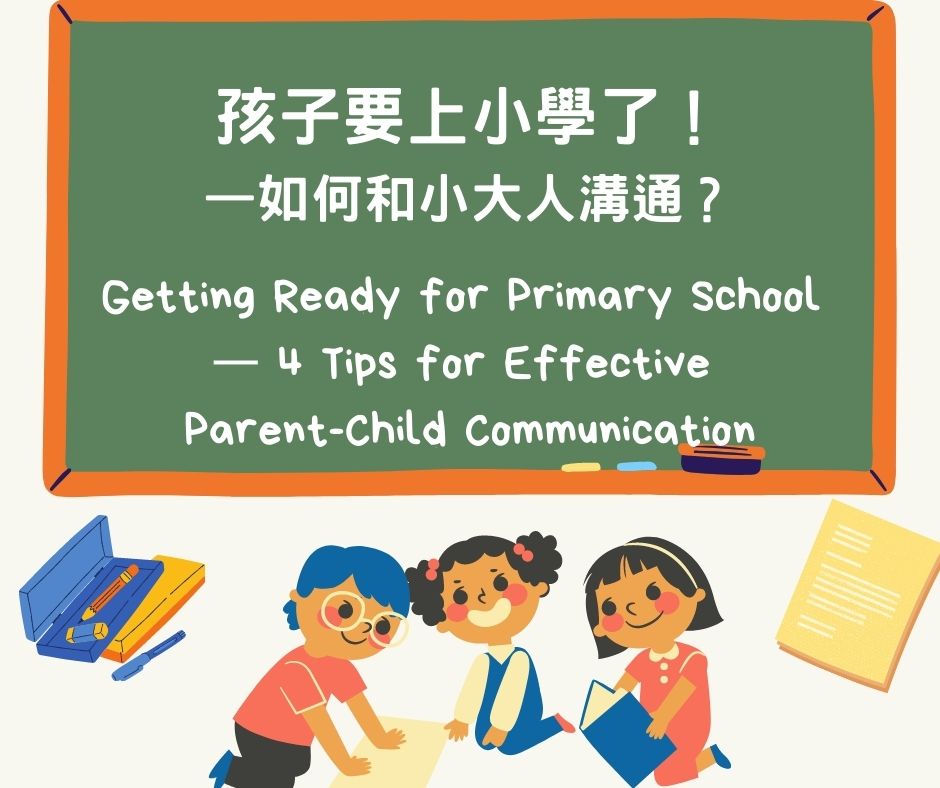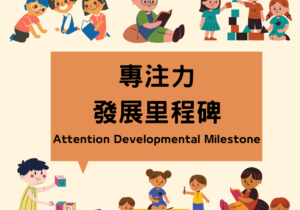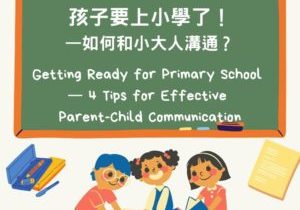
🙋🏻♀️Children start developing their sense of independence around age 3.
Parents would probably hear statements like this a lot: “I want to do this by myself.” “No, you stay away, I can do it.”
Though a lot of times theses will make you laugh and be angry at the same time, this proactiveness and willingness to try things on their own are extremely important, especially by the time children need to enroll in primary school.
💬Unlike preschool, children are expected to seek help and communicate their needs independently when they encounter difficulties; oftentimes, teachers would ask children for their individual opinion during class discussion too.
Then what are some ways that we as adults can facilitate kids to develop their communication skills? 🤔
🔶 Work together🤝
“Giving orders/instructions” implies hierarchy within the relationship, and often creates resistance from the child.
“True communication” requires both parties to see each other as equals, and show willingness to figure things out together and achieve common goals.
When we see ourselves as children’s companion instead of instructor, we create opportunities for children to problem solve and let their creativity shine.
🔷 Listen more, talk less👂🏼
Silence is gold.
Ask your child what they think and how did they come to the conclusion, then simply just listen.
You’ll be surprised at how much you can learn about your child by doing this.
Allowing children to express themselves and validating their feelings also conveys the message of “I feel you. I hear you.”
This helps build trust in the relationship, which is a crucial foundation to any communication.
🔶 Show respect⚖️
In a collaborative relationship, we respect each others needs and thoughts though we don’t always agree with each other.
That should be the case when we’re working with our kids too.
Instead of wanting them to completely follow what we said, we listen and respect what they think, and try to identify common goals that both parties are happy with.
🔷 Empower✨
Children usually discover their superpower when they can contribute for something or someone.
Creating opportunities for kids to help out or be a part of decision making, will allow them to learn to trust themselves and have confidence in their own abilities. Anything from helping with the chores to sharing ideas for solutions during a family meeting are all great ways to empower.
Keep these 4 guidelines in mind the next time you communicate with your little ones.
We hope this will not only strengthen your relationship, but also empowers your child to be a great communicator. ❤️









